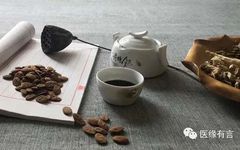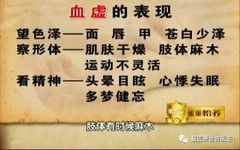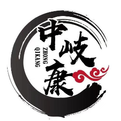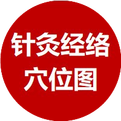Ten Types of Observation Diagnosis for Women’s Health
Ten Types of Observation Diagnosis for Women’s Health Guiding Expert: Associate Professor Pang Zhenmiao, Department of Gynecology, First Affiliated Hospital of Guangzhou University of Chinese Medicine Reporter: Lin Henghua, Correspondent: Zhang Qiuxia 2016-5-10New Express B01 Edition “Observation, Listening, Inquiry, and Pulse Taking” are the four major diagnostic methods in Traditional Chinese Medicine (TCM). Ancient medical … Read more










